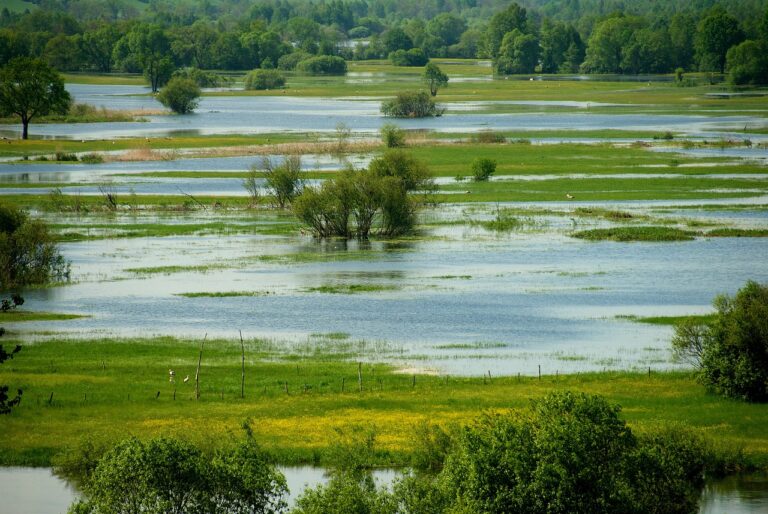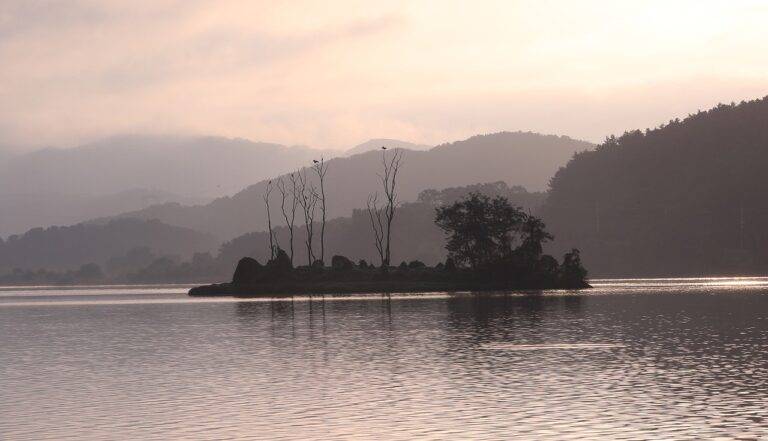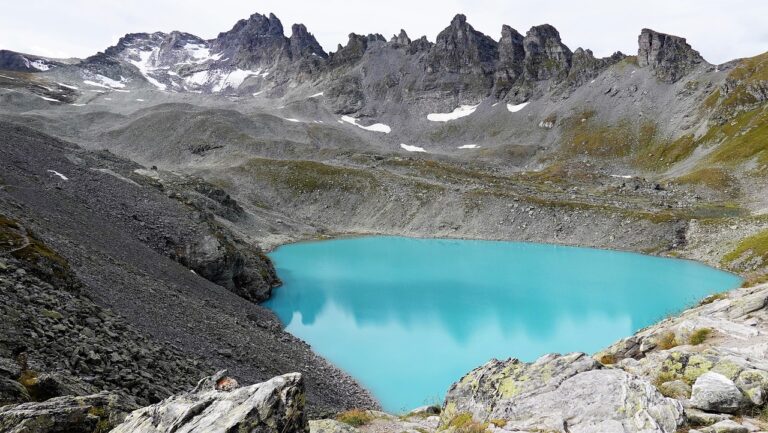The Art of Slow Travel: Embracing a Leisurely Pace and Deep Exploration
Slow travel allows travelers to fully immerse themselves in the local culture, providing a deeper understanding and appreciation for the destination. By taking the time to explore off-the-beaten-path locations and engage with locals, individuals can gain valuable insights into the traditions, customs, and way of life of the community they are visiting. This authentic cultural experience goes beyond just sightseeing and allows for meaningful interactions that can create lifelong memories.
Furthermore, slow travel encourages a more sustainable approach to tourism, promoting responsible travel practices that benefit both the environment and local communities. By taking the time to travel at a slower pace, individuals can reduce their carbon footprint, support small businesses, and contribute to the preservation of cultural heritage. This mindful way of traveling fosters a deeper connection with the destination and encourages a sense of stewardship towards the places visited, ultimately leading to more meaningful and fulfilling travel experiences.
Immersing Yourself in Local Culture
When you immerse yourself in the local culture of a place you’re visiting, you open yourself up to a world of new experiences. From trying traditional foods to learning about local customs and traditions, immersing yourself in the culture allows you to gain a deeper understanding of the community you’re in. Engaging with the locals, participating in cultural events, and exploring historical sites are all ways to truly connect with a destination and its people.
By immersing yourself in local culture, you also have the opportunity to broaden your perspective and challenge your assumptions. Interacting with people who may have different beliefs and values than your own can lead to meaningful conversations and personal growth. Whether it’s through art, music, dance, or language, embracing the culture of a place can enrich your travel experience and leave you with lasting memories.
Connecting with Nature and the Environment
Experience the serenity of nature as you embark on a journey that allows you to connect with the environment on a deeper level. The rustling of leaves in the wind, the chirping of birds in the distance, and the gentle flow of a nearby stream create a calm and peaceful atmosphere that rejuvenates the soul. By immersing yourself in the natural world, you can gain a greater appreciation for the beauty and intricacy of the environment that surrounds us.
In a world where technology often consumes our attention, taking the time to reconnect with nature can provide a much-needed escape from the hustle and bustle of everyday life. Whether you are exploring lush forests, tranquil lakes, or majestic mountains, being enveloped in the beauty of the natural world can be a grounding and enlightening experience. Through this connection with nature, you can cultivate a sense of mindfulness, gratitude, and harmony that enhances your overall well-being and fosters a deeper respect for the environment.
Reconnect with nature to experience serenity and peace
Immerse yourself in the beauty of the natural world
Gain a greater appreciation for the environment that surrounds us
Escape from technology and everyday life by exploring nature
Cultivate mindfulness, gratitude, and harmony through connecting with nature
What are some benefits of slow travel?
Slow travel allows for a deeper connection with the destination, a more authentic experience, and a lower environmental impact compared to faster modes of travel.
How can I immerse myself in the local culture while traveling?
To immerse yourself in the local culture, try learning the language, trying local cuisine, participating in cultural activities, and interacting with locals.
Why is it important to connect with nature and the environment?
Connecting with nature and the environment can lead to a greater appreciation for the world around us, a sense of peace and relaxation, and a commitment to protecting our planet for future generations.





